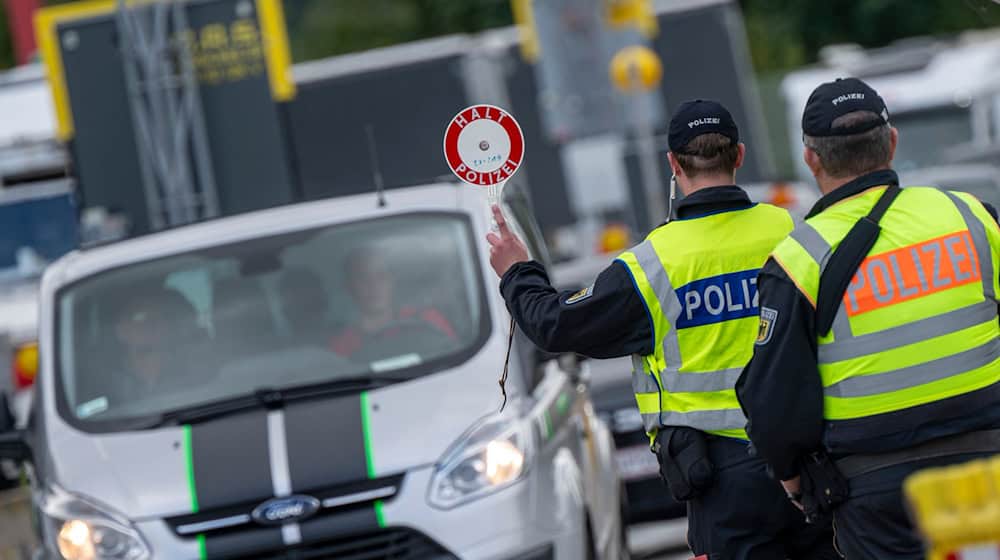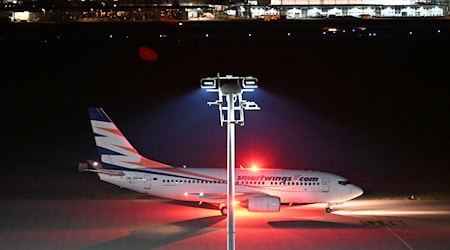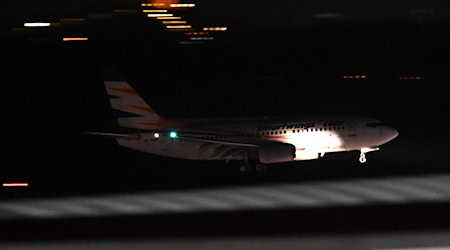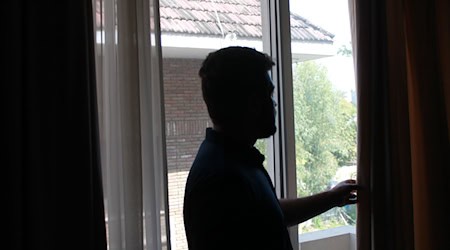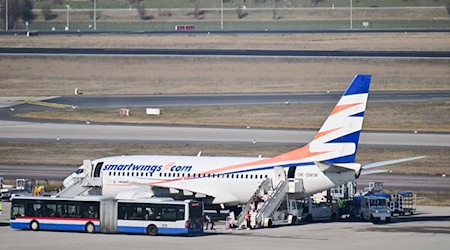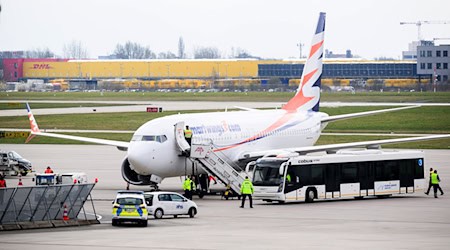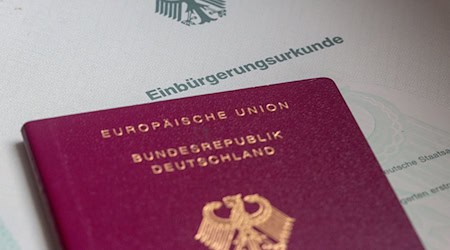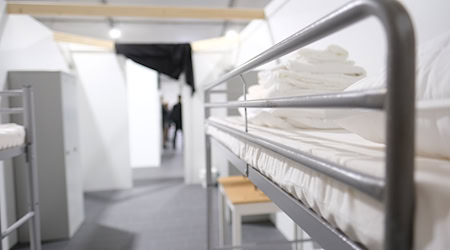In the first three weeks after the start of stationary controls at all German land borders, the police detected around 13 percent fewer unauthorized entries than in the previous three weeks. This is shown by preliminary figures from the Federal Police, which are available to Deutsche Presse-Agentur.
According to an answer from the federal government to a written question from Left Party MP Clara Bünger, police encountered a total of 3,464 foreigners attempting to enter Germany without permission at land borders in the period from September 16 to October 6. 2,073 of them were turned back at the border. From 26 August to 15 September inclusive, there were 3,984 unauthorized entries and a total of 2,353 rejections.
Controls at all land borders have been in place for a month and a half
Since 16 September, the Federal Police have been carrying out controls at the land borders with France, Luxembourg, Belgium, the Netherlands and Denmark on the orders of Federal Minister of the Interior Nancy Faeser (SPD). Checks have been in place at the borders with Poland, the Czech Republic and Switzerland since mid-October 2023, and were introduced at the German-Austrian land border in the fall of 2015. Although not every single traveler is checked at all border sections, everyone must expect to be checked.
Since the introduction of stationary controls, the number of unauthorized entries at the borders with Luxembourg, Belgium and the Netherlands has increased. At the Franco-German border, on the other hand, where there had already been temporary controls this year due to major sporting events, there was a slight decrease from 766 to 567 unauthorized entries in the period under review.
Drop in unauthorized entries in the east
There have also been fewer unauthorized entries at the borders with Poland, the Czech Republic, Switzerland and Austria since 16 September. At the German-Polish border, for example, the federal police recorded 631 unauthorized entries in the three weeks since then, after registering 847 people without a valid residence permit in the same period before that.
The number of unauthorized entries recorded at the German-Danish border is very low anyway. In the three weeks before the stationary checks began, 25 people were detected there. In the three weeks that followed, the police detected 23 unauthorized entries.
Border controls are not actually planned in the Schengen area. Federal Interior Minister Nancy Faeser (SPD) justified the order for stationary controls at all land borders to the EU Commission with irregular migration as well as protection against Islamist terrorists and cross-border crime.
The police speak of unauthorized entry when a foreigner wants to cross the border without a valid residence permit. According to the German government, refoulement is only permitted if someone does not apply for asylum or if they are subject to a temporary ban on re-entry. This is the case, for example, if someone has previously been deported or for people who come from so-called safe countries of origin if their asylum application has already been rejected as "manifestly unfounded".
Rejections are not possible without stationary checks directly at the border. In addition, if such checks are carried out, smugglers are more likely to be discovered by the police. The fact that smuggling gangs often look for other routes when there are stricter controls at one section of the border is an argument in favor of comprehensive controls. However, this increases the workload of the federal police.
Fewer irregular migrants arriving in Europe
One reason for the recent decline in unauthorized entries is certainly that fewer migrants have arrived in Europe irregularly in recent months. According to the EU border protection agency Frontex, the number of unauthorized entries at the external borders of the European Union fell by 42 percent to around 166,000 unauthorized border crossings in the first nine months of this year. Whether the deterrent effect of the German internal border controls introduced in October 2023 in the east and on the border with Switzerland can already be seen here is questionable.
According to Frontex, the decline on the central Mediterranean route - which leads from North Africa to Italy and Malta - was particularly strong at minus 64 percent. According to the report, 79 percent fewer people came via the Western Balkans route, which could be linked to more intensive controls in Romania and Bulgaria.
In contrast, Frontex noted a significant increase on the West African route, which is often very dangerous for migrants and has the Spanish mainland or the Canary Islands as its destination, as well as on the Eastern land route (plus 192 percent).
Bünger called on Faeser to stop the internal border controls. "She will not win the political competition with the right as to who supposedly guards the borders better," she said. In addition, pro-European forces would be weakened by "the unilateral nation-state measure".
According to dpa information, an average of around 1,500 unauthorized entries per week were counted at German airports and land borders each month. - significantly fewer than a year ago. Most of them come from Syria, Afghanistan and Turkey. However, some irregular migrants from Morocco and Algeria have also recently arrived via France. Some Russian citizens without a residence permit also wanted to enter via the Czech Republic.
Copyright 2024, dpa (www.dpa.de). All rights reserved

